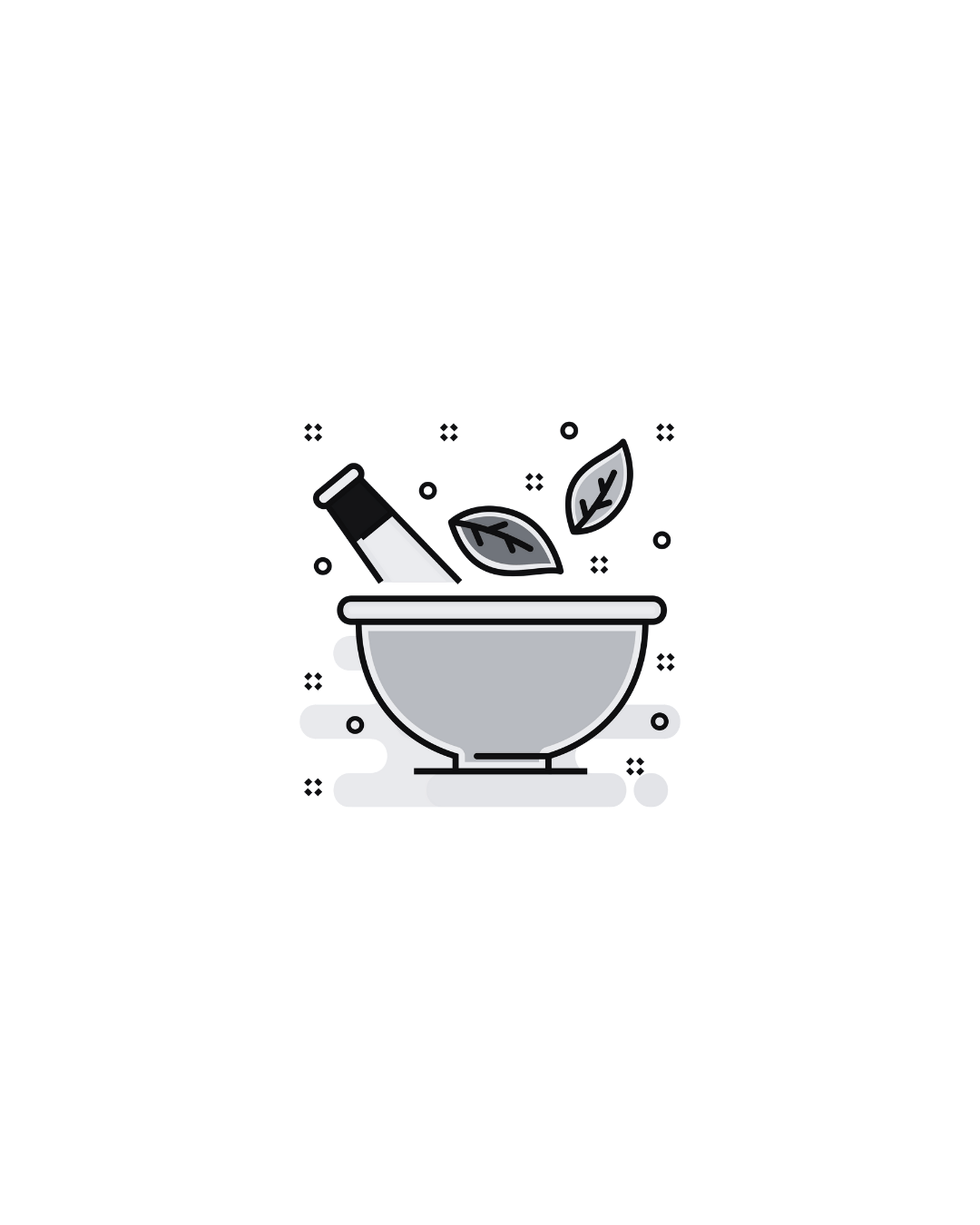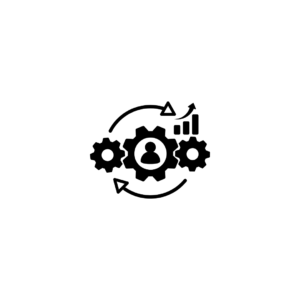Description
An Advanced Diploma in Yoga & Ayurveda Dietetics combines the ancient practices of yoga and Ayurveda, focusing on holistic health, wellness, and nutritional science. This program prepares students to understand the principles of Ayurveda, apply yoga techniques, and develop personalized dietary plans that promote overall well-being. The curriculum is designed for those who want to pursue careers in wellness coaching, nutrition consulting, or as yoga instructors with a focus on Ayurveda.
Course Details:
Duration: Typically 1 to 2 years, depending on the institution and program format (full-time or part-time).
Eligibility: Generally requires a high school diploma or equivalent; prior experience in health sciences, nutrition, or yoga may be advantageous.
Mode of Study: Usually a mix of classroom instruction, practical workshops, and supervised clinical or practical training.
Curriculum:
The curriculum for an Advanced Diploma in Yoga & Ayurveda Dietetics generally includes the following components:
1. Foundations of Yoga
Yoga Philosophy: Study of the philosophical principles underlying yoga practice, including the Yoga Sutras of Patanjali and the Eight Limbs of Yoga.
Asanas (Postures): Understanding and practicing various yoga postures, their benefits, and techniques for safe practice.
2. Principles of Ayurveda
Ayurvedic Philosophy: Introduction to the fundamental concepts of Ayurveda, including the three doshas (Vata, Pitta, Kapha), dhatus (tissues), and malas (wastes).
Diagnostic Techniques: Skills in Ayurvedic pulse reading, tongue examination, and assessment of individual constitutions (Prakriti).
3. Ayurveda and Nutrition
Ayurvedic Dietetics: Understanding how to create balanced diets based on Ayurvedic principles, focusing on food qualities (gunas) and seasonal eating.
Food Preparation: Training in the preparation of Ayurvedic meals and remedies, including herbal medicines and tonics.
4. Yoga Therapy
Therapeutic Applications of Yoga: Techniques for using yoga as a therapeutic tool for managing various health conditions, including stress, anxiety, and chronic illness.
Pranayama and Meditation: Instruction on breathing techniques (pranayama) and meditation practices for mental clarity and relaxation.
5. Lifestyle and Wellness
Dinacharya (Daily Routine): The importance of daily routines in maintaining health and alignment with natural rhythms.
Ritucharya (Seasonal Regimens): Understanding how to adapt lifestyle and dietary choices according to the seasons.
6. Integrative Health Practices
Holistic Health Approaches: Exploring the integration of yoga and Ayurveda with modern health practices and therapies.
Herbal Therapies: Knowledge of the use of herbs in Ayurvedic medicine and their applications in dietetics.
7. Client Consultation and Counseling
Assessment Techniques: Skills for conducting consultations, assessing client needs, and developing personalized wellness plans.
Communication Skills: Techniques for effectively communicating health advice and dietary recommendations to clients.
8. Practicum Experience
Hands-On Training: Supervised practical placements in wellness centers, yoga studios, or retreats, allowing students to apply their skills in real-world settings.
Capstone Project: A comprehensive project demonstrating the application of knowledge in a practical context, such as developing a case study or wellness program.
Assessment:
Assessment methods may include:
Practical Skills Evaluations: Assessing hands-on abilities in yoga instruction, dietary planning, and client consultations.
Written Examinations: Testing knowledge of yoga philosophy, Ayurvedic principles, and nutritional science.
Portfolio Review: Compiling a portfolio of work, including case studies, worksheets, or client plans developed during the program.
Career Opportunities:
Graduates of an Advanced Diploma in Yoga & Ayurveda Dietetics can pursue a variety of roles, including:
Yoga Instructor: Teaching yoga classes with a focus on holistic health and Ayurvedic principles.
Ayurveda Dietitian: Developing customized dietary plans based on Ayurvedic guidelines and nutritional needs.
Wellness Coach: Providing guidance on nutrition, lifestyle changes, and wellness practices to improve overall health.
Holistic Health Practitioner: Integrating yoga and Ayurveda to promote holistic wellness approaches in various settings.
Health Educator: Teaching communities about the benefits of yoga and Ayurvedic lifestyle practices.
This advanced diploma program equips students with the knowledge and skills necessary to promote health and healing through the combined practices of yoga and Ayurveda. If you have more specific questions or need further information about the program, feel free to ask!









